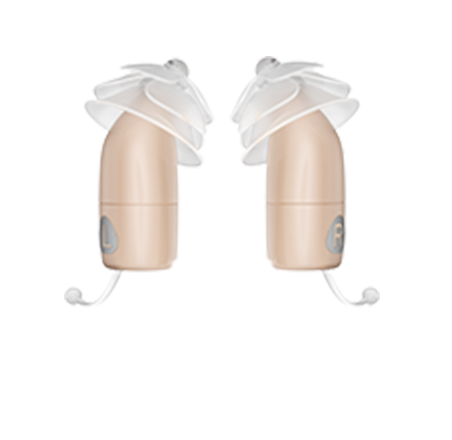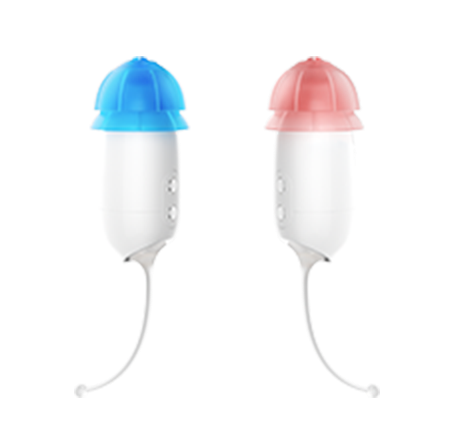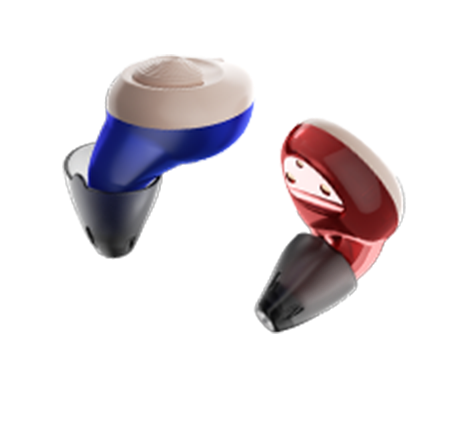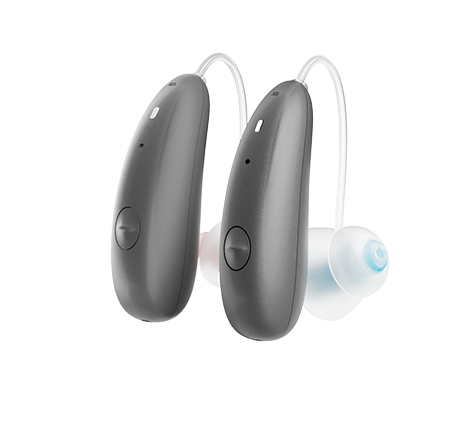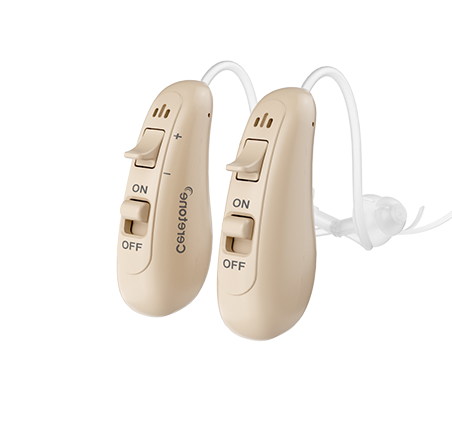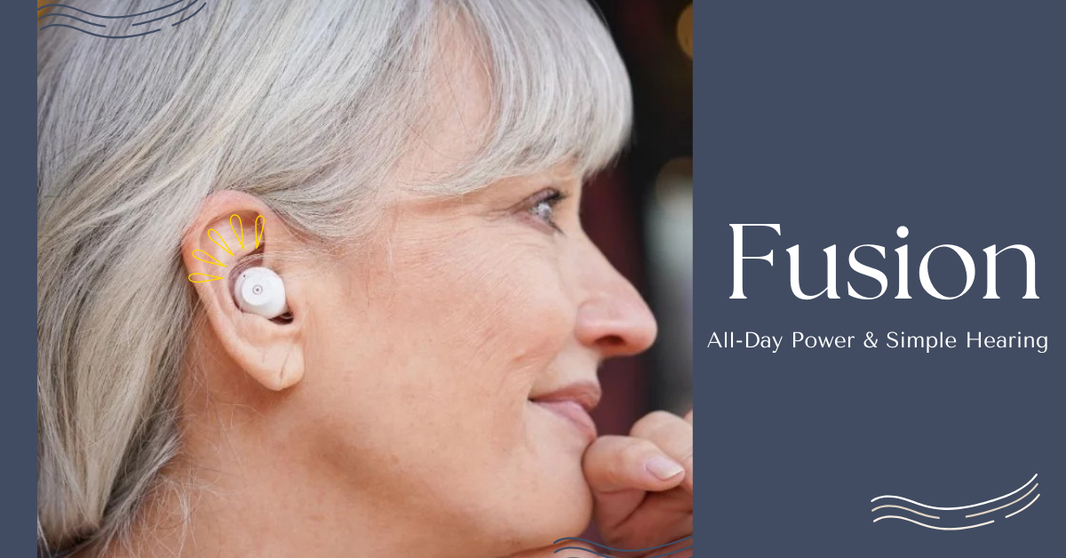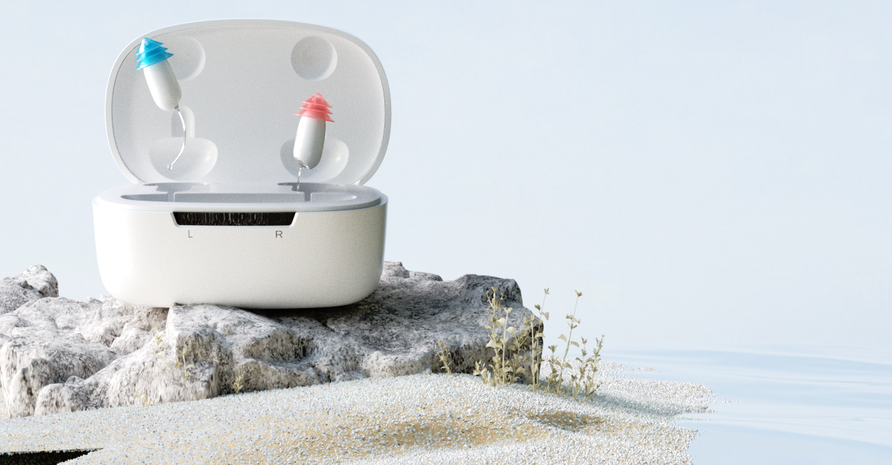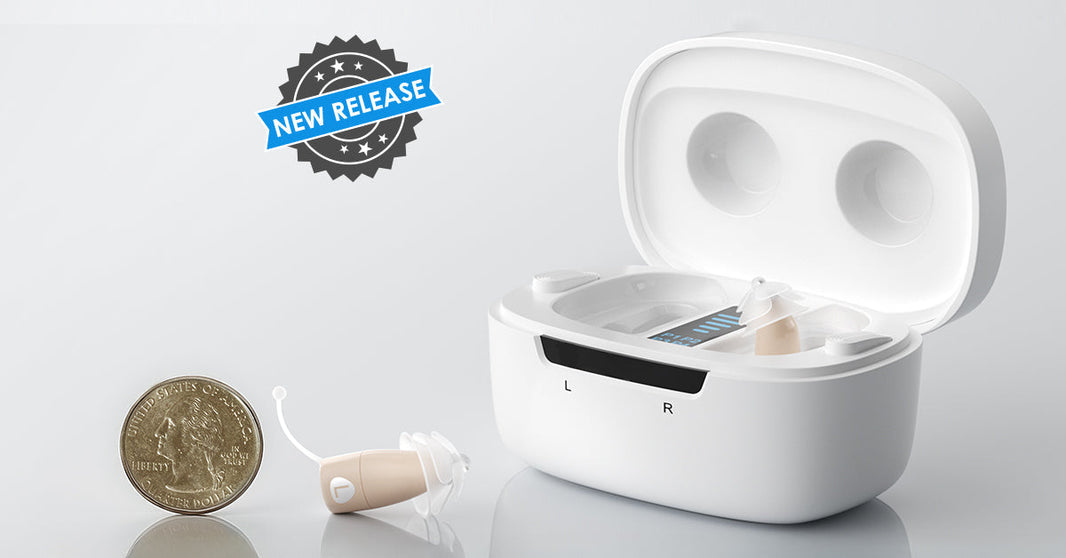
How to Save Over $140 a Year on Hearing Aids

When it comes to hearing aid batteries, there are 2 types: disposable & rechargeable. Rechargeable hearing aids have a built-in battery that does not need to be replaced and can be recharged with a charging unit, just like how you charge your newer smartphone or tablet. While the selection of disposable battery hearing aids is greater than that of rechargeable hearing aids, technology advances and demand for the convenience of rechargeable aids is driving more advancement. In the past, rechargeable hearing aids were restricted to behind-the-ear (BTE) styles or larger models. But today’s hearing aid shopper can now find multiple options for rechargeable in-the-ear (ITE) styles that combine convenience and smaller form factors. All things being equal in terms of function, why would anyone want to keep buying batteries week after week, totaling up to $140 per year on average?
The cost savings of a rechargeable hearing aid compared to one that uses disposable (zinc-air) batteries adds up pretty quickly. On average, a zinc-air battery costs about $1, so 2 batteries (for left and right) every 5 days results in a little over $140 in one year. Since the average life expectancy for a size 10 zinc-air battery is 3-7 days, we can calculate on average that batteries need to be replaced about every 5 days.
If you have a particularly power-hungry device, you may end up replacing batteries every few days.
Rechargeable hearing aids are powered by lithium-ion batteries, which take 3-4 hours to fully charge and will easily take you through a normal day per charge. While lithium-ion battery technology does add a bit of cost to the device, the price difference is quickly coming down to less than around $100. Even with this initial price delta, you will still save anywhere from $400 to $700 on disposable battery costs alone for every three years that you wear your hearing aids.
Based on the numbers, it's clear that choosing rechargeable hearing aids will ultimately save you a good amount of money in the long run. Beyond financial benefits, rechargeable hearing aids also save you the trouble of having to constantly change out the tiny batteries and manually fit them into their small compartments. You also won’t have to remember to buy replacement batteries or worry about having your batteries dying out on you at an inconvenient time. Rechargeable hearing aids can offer you peace of mind in many ways, but especially in knowing that you’re saving real money on battery replacement costs.
